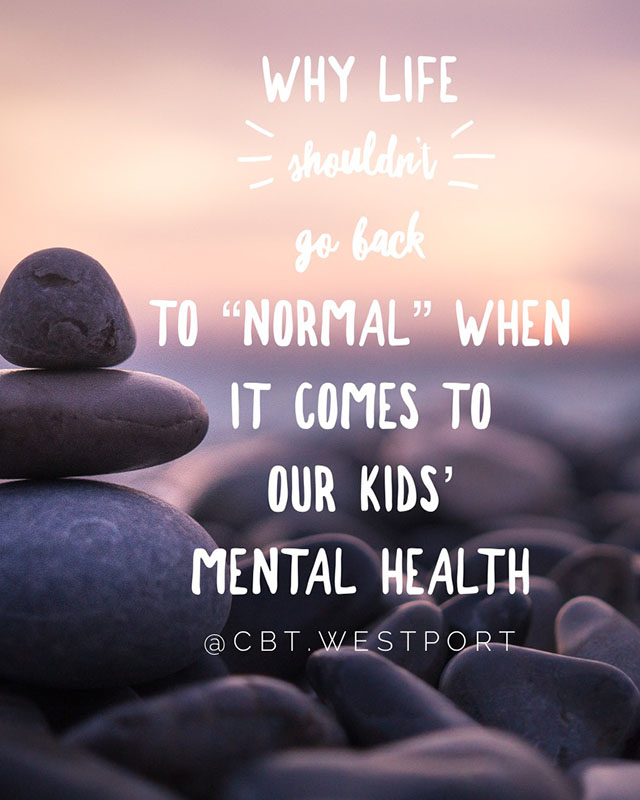Self-harm is defined as the infliction of pain onto oneself and can be seen as a symptom of several different mental health disorders, especially in adolescents. Self-harm behaviors typically include restrictive and binge eating, cutting, hitting, scratching, burning, and picking. There are a variety of reasons why people may self-harm and research suggests that these are the most common:
- Expressing or coping with emotional distress
- Trying to feel in control
- A way of punishing oneself
- Relieving emotional tension or pain




